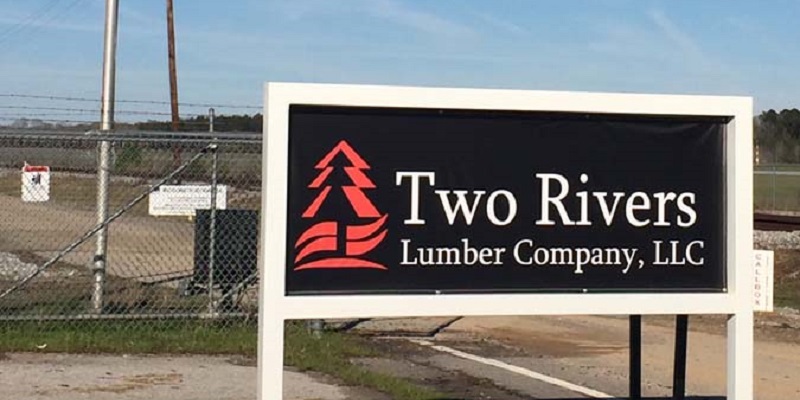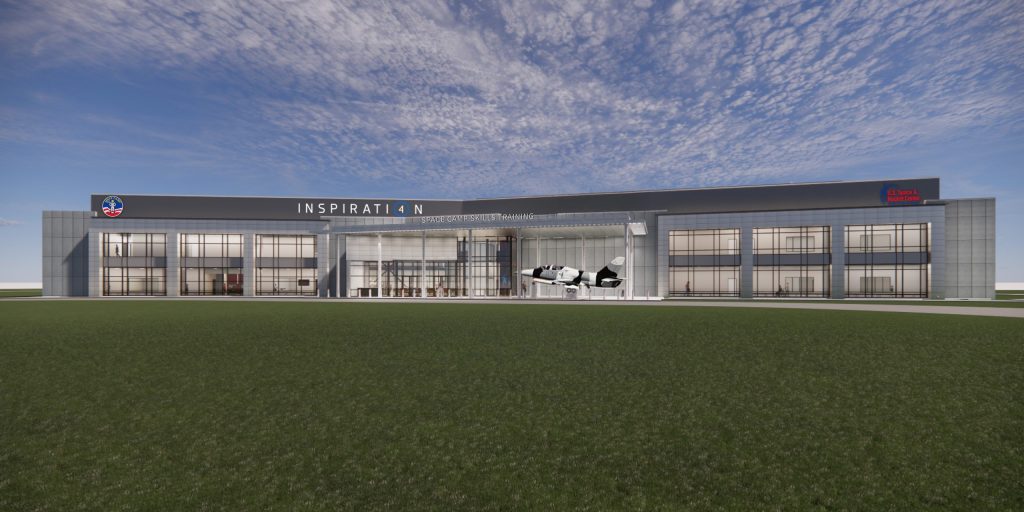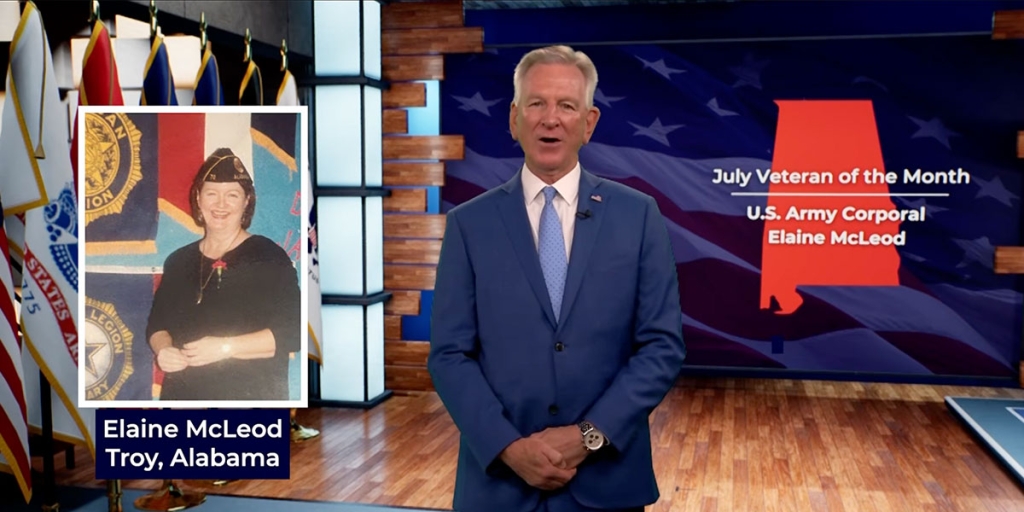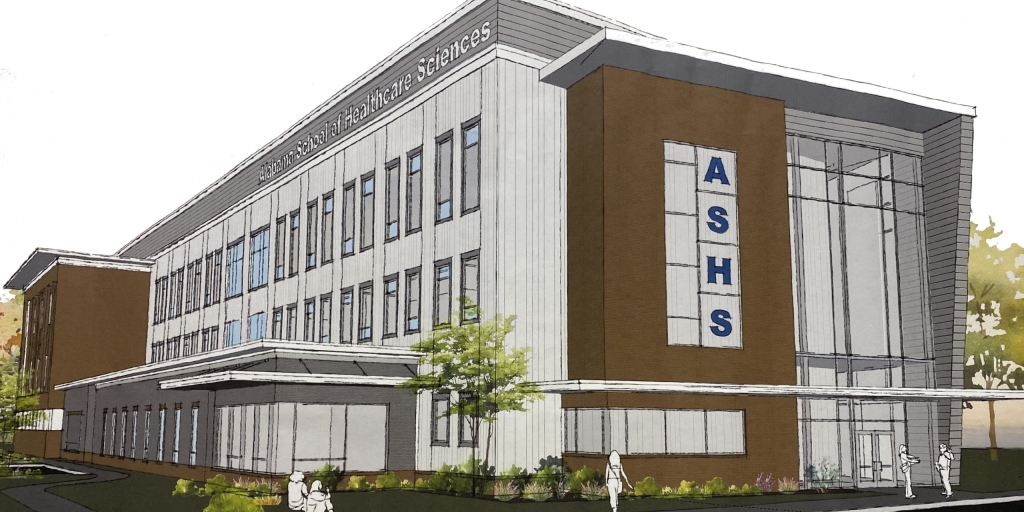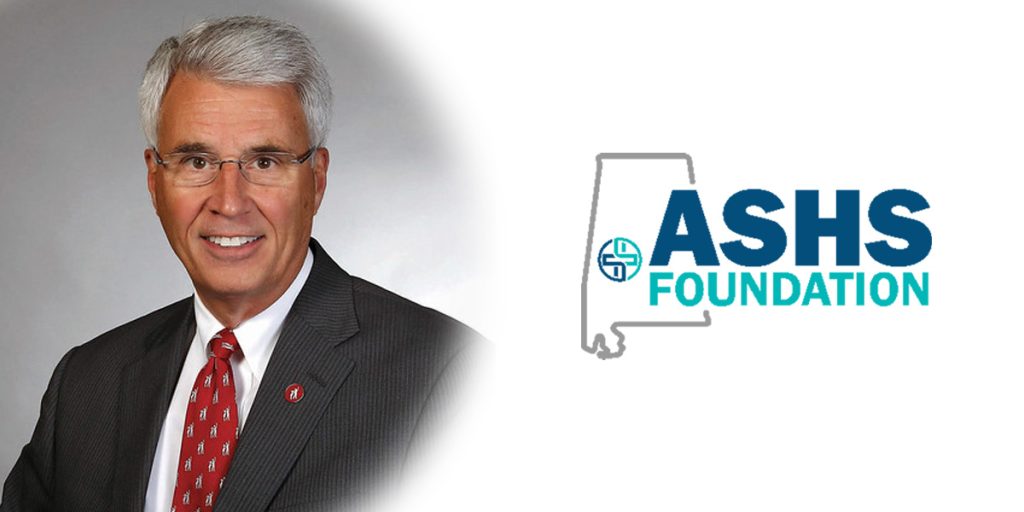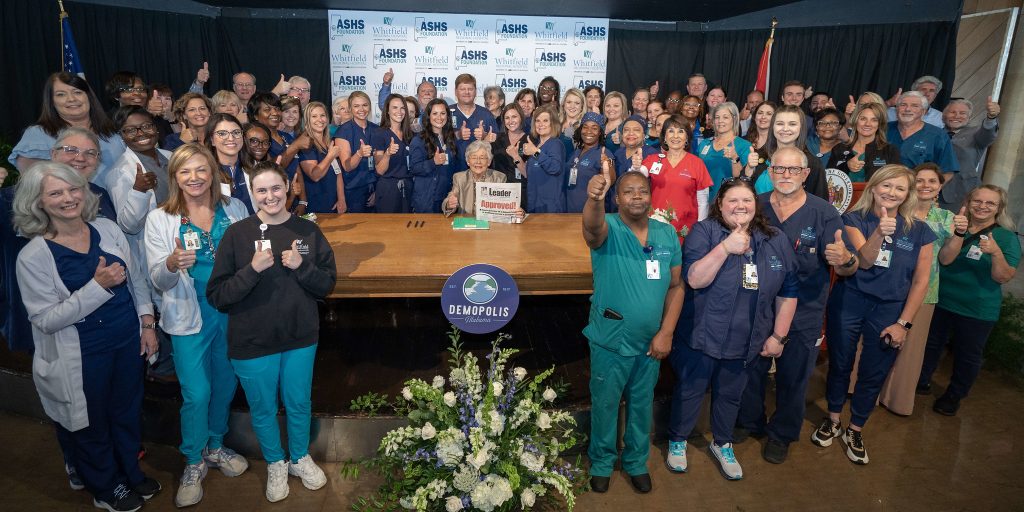Earlier this week, Marengo County’s economy got a shot in the arm with the announcement Demopolis’ Two Rivers Lumber Company was teaming up with Tuscaloosa-based Westervelt Company and Canada-based Pinnacle Renewable Energy to build a $99 million wood pellet production plant.
The announced facility, first reported by the Demopolis Times and subsequently Tuscaloosa News, will manufacture wood pellets, which are made “from the leftover scraps at lumber mills or branches and other woody material collected from forest floors.”
In an interview with Yellowhammer News, Demopolis Mayor John Laney explained how the project came to be and what it means for his city.
“This is an offshoot Two Rivers Lumber,” Laney said. “As far as their mill here, they had a relationship with Pinnacle. Because of that relationship and us living in the wood basket and having the raw materials a wood pellet mill needed in the way of wood product, they were able to convince them to come locate at their site.”
“The employment for our area – full-time jobs will be somewhere around 65 full-time,” he added.
All told, the project set for completion in mid-2021 could create 200 direct and indirect jobs for the area. In the meantime, Laney says preparations are underway.
“During that time, you’ve also got to train people, which we have a workforce here that’s capable of being trained to be employed in this area,” he added.
He credited efforts of West Alabama Works, which connects employers, job seekers and workforce developers, for preparation.
“One of the things that has already happened, and this is with West Alabama Works – they have already opened up an office here that’s dedicated to training people and helping with the workforce. We’ve got Wallace Community College that’s working in this area. And then when you look at the timing of this new facility with all these new ventures – West Alabama Works, they just opened up their office about three or four weeks ago.”
“There are a lot of positive things going – what I call infrastructure that government provides one way or another through education, or things like West Alabama Works that helps to prepare the workforce, to make sure that we got that workforce ready when that plant is ready to start hiring and training people. I’m sure AIDT [Alabama Industrial Development Training] will be involved. And the state will help as much as they can that way. There’ll be a full-court press to make sure this plant gets the resources that it can to help the people it needs to operate the plant.”
Laney said overall, the state of Alabama had been helpful with his community’s efforts to improve the quality of living, and pointed to infrastructure improvements made possible by the fuel tax increase in the Rebuild Alabama Act passed earlier this year.
“The state has been very helpful,” he said. “The gas tax – we’re starting to receive revenues for that. They told us that Highway 43 – this is through ALDOT, that it’ll make the April letting of next year, which we needed to get that resurfaced. So, they’re doing that. We’ve got a CDB project through ADECA that we’ll be finishing up. We’ve got ATRIP projects where we’re putting sidewalks to prepare for our young people to be able to get back and forth to school, as well as for older people to be able to walk without having to walk out in the street.”
“The state has been very, very supportive, and I think we’re moving in the right direction,” Laney continued. “This new effort that ADECA has on rural development is beginning of recognition that we really need to help the rural counties so that we’re not bringing all the people from the rural counties to the Metropolitan Statistical Areas and to where we do have a healthy environment in our rural counties.”
Laney also boasted of the 4-mill ad valorem tax Marengo County residents approved to benefit the local hospital while many rural areas around the state struggle to meet health care needs.
“This goes a long way to giving our hospital a strong financial footing,” he said.
The Demopolis mayor emphasized his desire to reverse the trend of so-called brain drain, which has residents of the rural areas in Alabama, leaving for the more populated areas. He says the population decrease creates a burden on maintaining public facilities in rural Alabama, which in turn places a strain on the entire state.
“The key is economic development in the way of jobs because you can’t continue to have population depletion and expect to maintain facilities for higher population,” Laney explained. “We need the emphasis on new jobs like Pinnacle, the Two River of the last couple of years. Those types of things give us the population base to support the other things that they need to operate.”
“The more the state can do to help incentivize industries, and I’m not talking about just Marengo County – but the more the state can do to incentivize industries to locate in the rural counties, the stronger they’re going to make the rural counties, and the less of a burden the rural counties will be on the state.”
@Jeff_Poor is a graduate of Auburn University, the editor of Breitbart TV and host of “The Jeff Poor Show” from 2-5 p.m. on WVNN in Huntsville.




